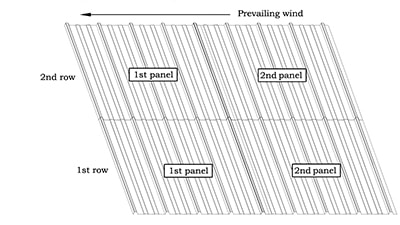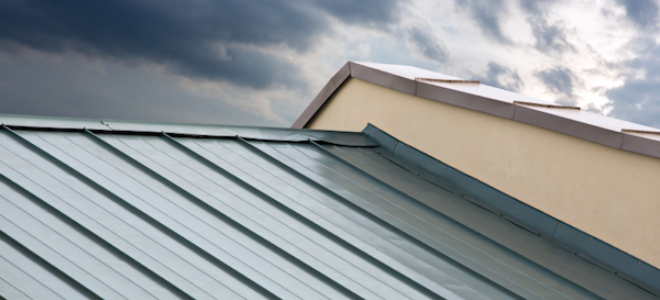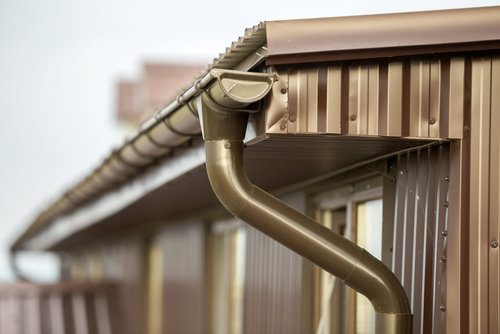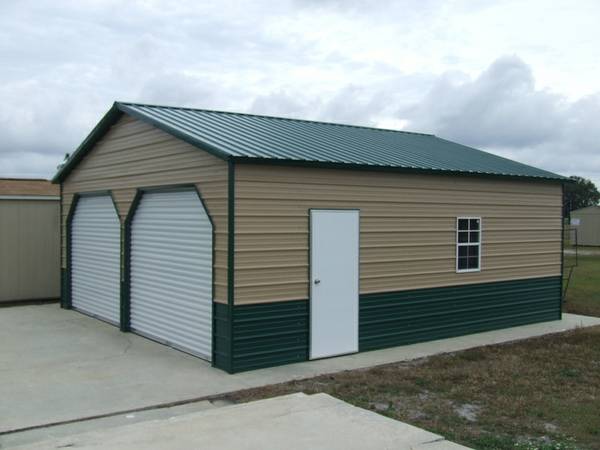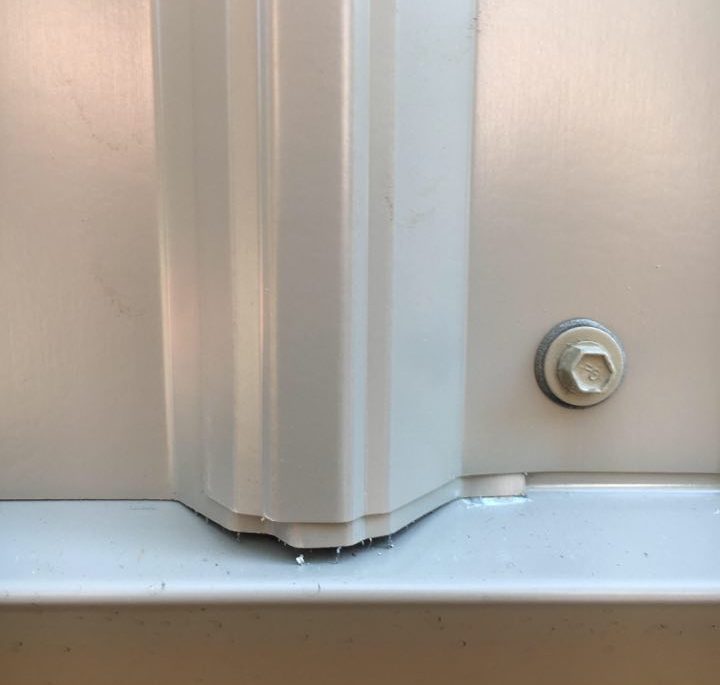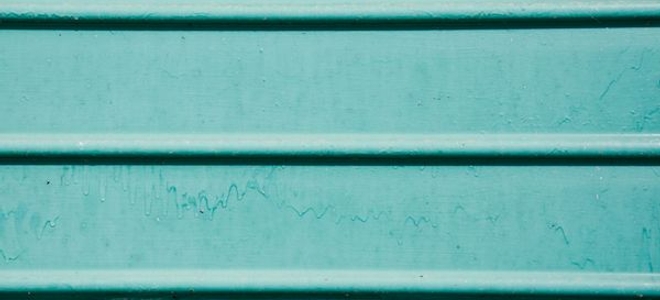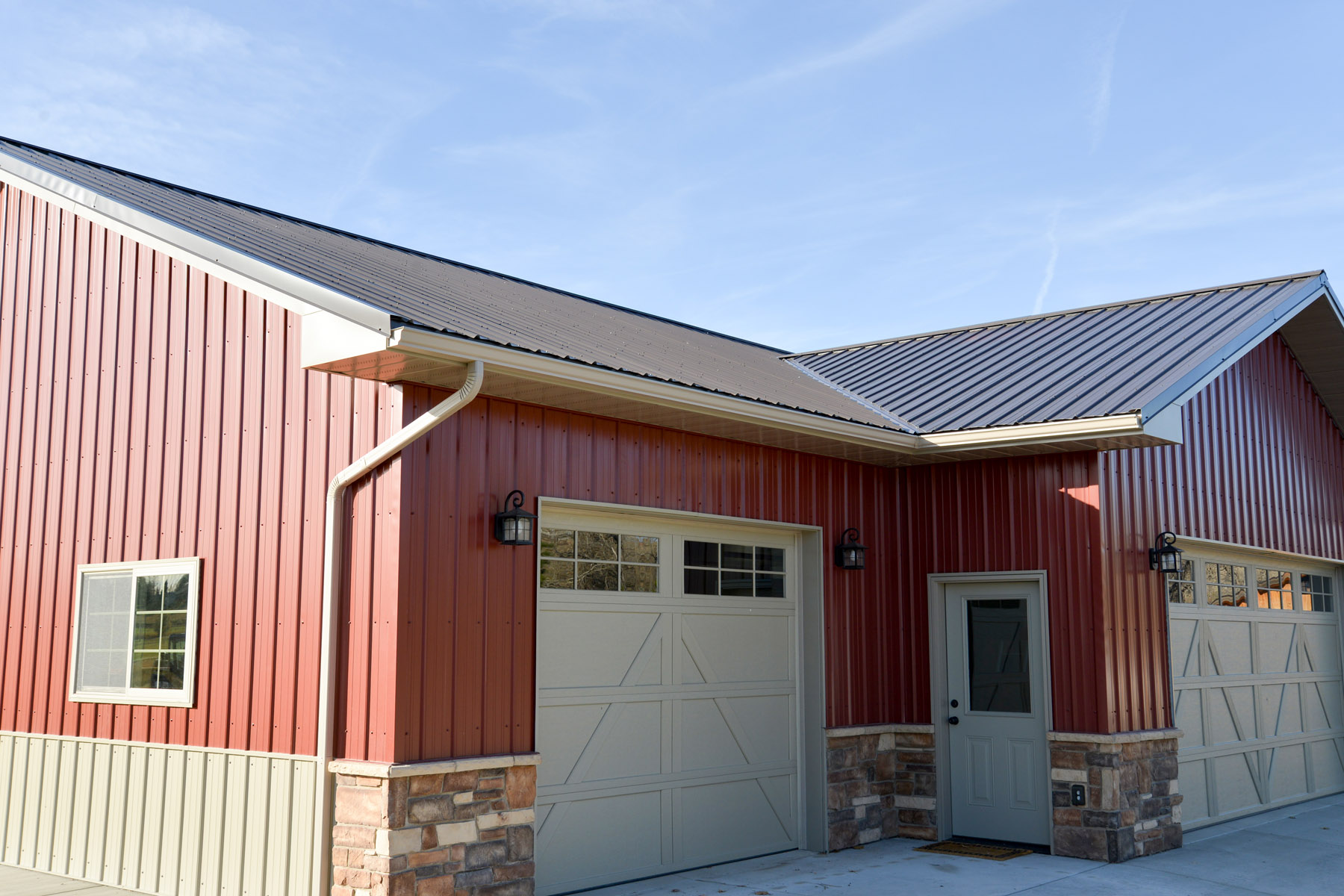How Much Should You Over Lap Metal Siding

It s best to stagger the joints in each successive course to avoid noticeable patterns.
How much should you over lap metal siding. Butt joints in adjacent courses should be spaced apart by at least two stud bays for 16 inch o c. Hardieplank lap siding may be used with fasteners approved by icc es esr 2290 spaced in accordance. In other words if the height of the roof drops by 2 inches for every 12 inches in length you will need to use sealant to strengthen the overlap barrier. Metal sealing and fastening apply side lap sealant if the pitch of your roof is 2 12 or less.
Framing or one bay for 24 inch o c. Hardie plank siding has a nail line across the top of the board that is 1 down from the top and nails are supposed to fall between and 1 from the top of the board to give the best hold. According to the best practices manual from james hardie existing siding can be used as a substrate as long as it is in good condition meaning that it is not warped. Measure the length of the wall to see how many panels you ll need to use.
For example if the wall is 11 feet 3 4 m long and each siding panel is 2 feet 0 61 m long you would need 5 panels and 1 half size panel. You never know what could be hiding under the old siding. On the eave side of the roof aim to overhang the panels by 1 to 1 5 inches. Frank regardless of where you live you should never go over any siding especially when the existing siding is in poor condition.
They are cutting corners on your job to keep costs down. This strip will kick out the bottom of the first lap as if it were sitting on top of another lap. If that company you mentioned gave you a lower estimate it s for the reason you stated. Install a 1 inch wide strip of siding material just above the marked line.
This technical bulletin addresses approved fastening techniques when using hardieplank lap siding. If you re installing a metal roof on a home without gutters you can overhang the panels by twice that amount. For walls longer than 12 feet you ll need to butt additional lengths of siding together.



